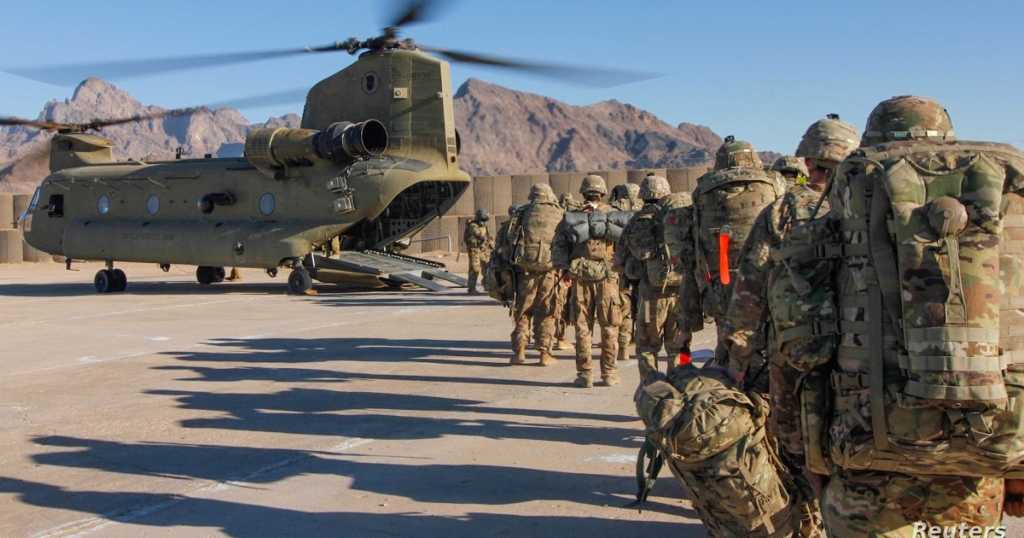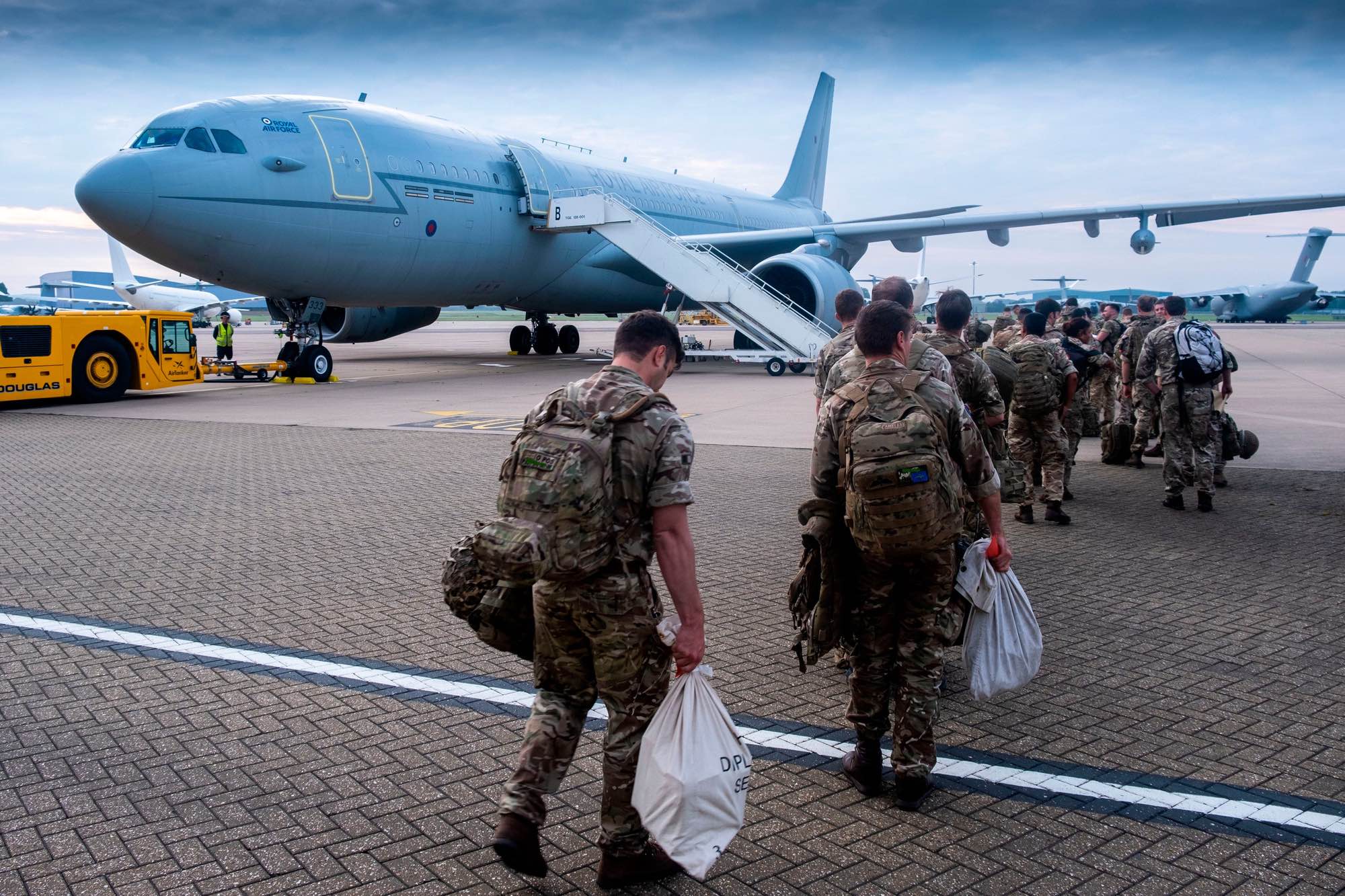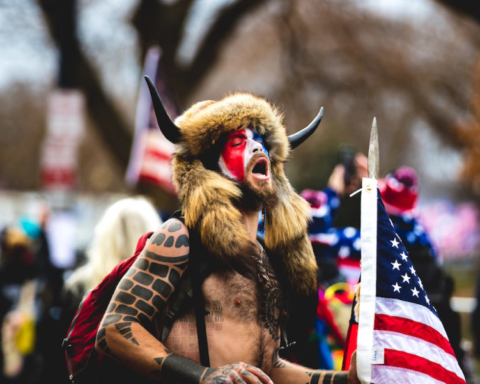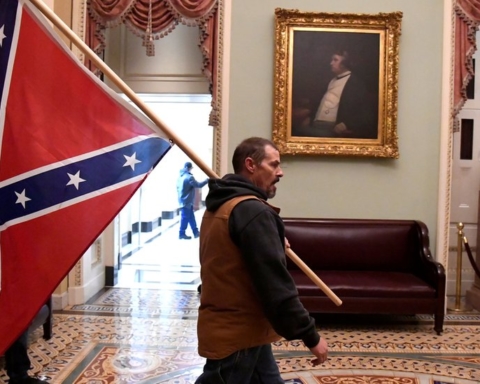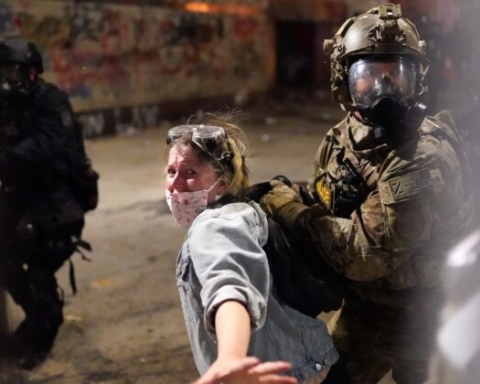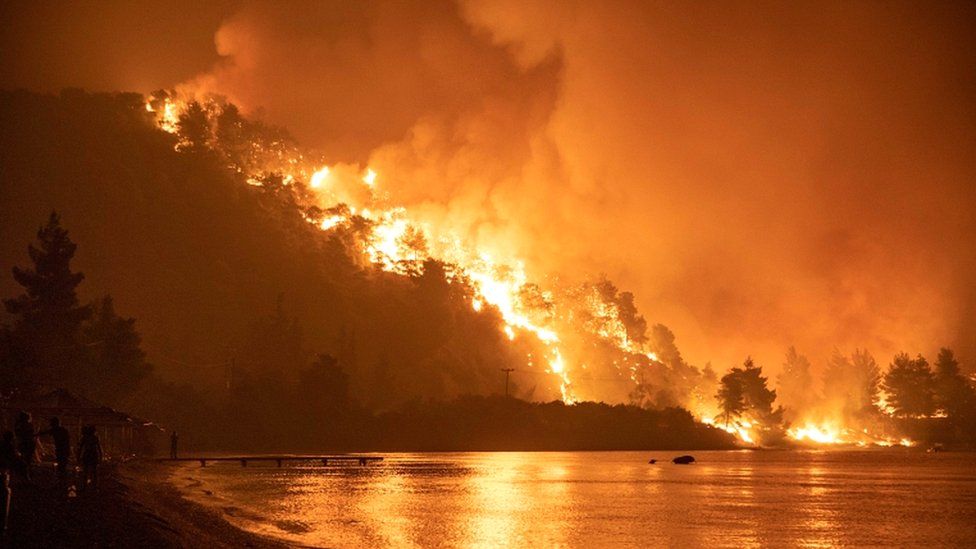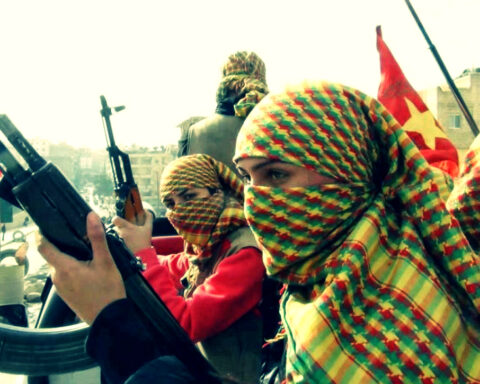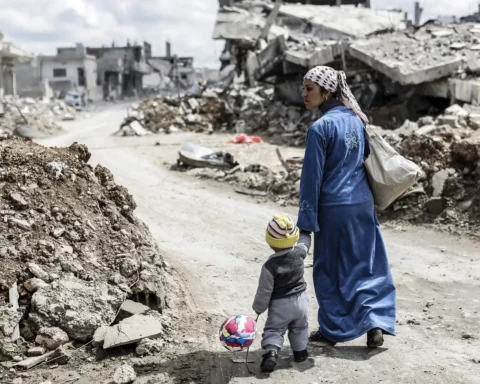An Anti-Imperial Perspective from a Veteran of the US Occupation
by CrimethInc
___
The speed with which the Taliban have recaptured Afghanistan ahead of the United States pullout illustrates how fragile the hegemony of the US empire is: how much force it takes to maintain it and how quickly everything can change when that force is withdrawn. It offers a glimpse into a possible post-imperial future—though hardly a promising one. How did the occupation impact the people of Afghanistan? Why were the Taliban able to regain so much territory so quickly? What do the US withdrawal and its consequences tell us about the future and how we might prepare for it?
The War on Terror, like the Cold War before it, has forced whole populations to choose between mutually undesirable binaries, making it difficult to imagine any alternative to the choice between global capitalist empires and homegrown authoritarianism. In the long run, whatever it promises, colonial militarism can’t control nationalism, fascism, or fundamentalism—it only gives them a justification to recruit. The question is how to nurture global grassroots networks that could create a real alternative.
In the following analysis, a veteran of the US occupation of Afghanistan discusses this defeat for the US imperial project—framing the Taliban, the occupation, and its consequences in the context of a worldwide wave of fascism and fundamentalism that is also gaining ground in the United States.
The speed with which the Taliban have recaptured Afghanistan ahead of the United States pullout illustrates how fragile the hegemony of the US empire is: how much force it takes to maintain it and how quickly everything can change when that force is withdrawn. It offers a glimpse into a possible post-imperial future—though hardly a promising one. How did the occupation impact the people of Afghanistan? Why were the Taliban able to regain so much territory so quickly? What do the US withdrawal and its consequences tell us about the future and how we might prepare for it?
The War on Terror, like the Cold War before it, has forced whole populations to choose between mutually undesirable binaries, making it difficult to imagine any alternative to the choice between global capitalist empires and homegrown authoritarianism. In the long run, whatever it promises, colonial militarism can’t control nationalism, fascism, or fundamentalism—it only gives them a justification to recruit. The question is how to nurture global grassroots networks that could create a real alternative.
In the following analysis, a veteran of the US occupation of Afghanistan discusses this defeat for the US imperial project—framing the Taliban, the occupation, and its consequences in the context of a worldwide wave of fascism and fundamentalism that is also gaining ground in the United States.
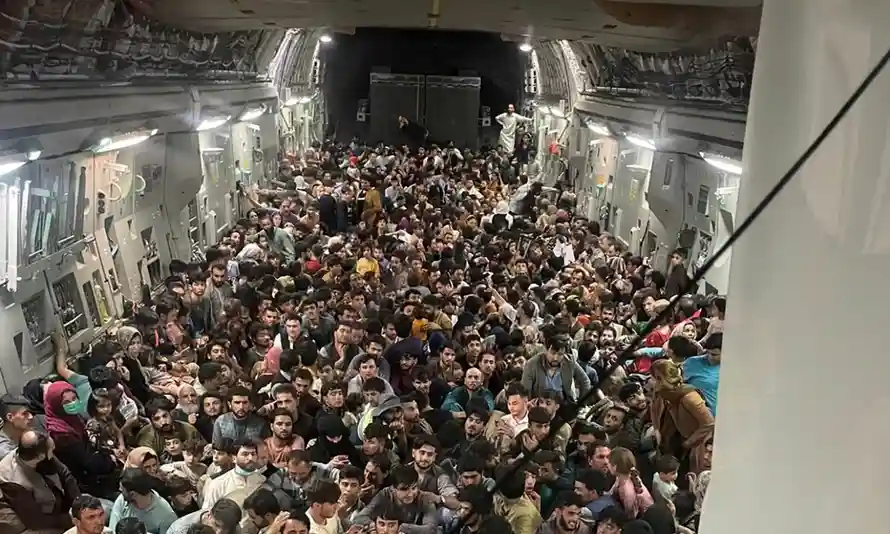
The Taliban Victory in a Global Context
As I write this, the Taliban have taken control of Kabul and therefore of the entire country of Afghanistan. The US-backed president Ashraf Ghani has fled to Tajikistan, while Afghan Army members flee to neighboring countries or surrender to the Taliban militants. Just days ago, US Intelligence officials were predicting it would be at least 30 days before the fall of Kabul, as President Biden deployed 5000 US troops to protect the evacuation of the US embassy and personnel. Now the State Department is urging remaining US citizens to shelter in place, not to dash to the Kabul Airport for emergency evacuation. As the smoke from burning classified documents and gunfire spreads a haze over the horizon of Kabul, everyone is thinking about the fall of Saigon to the North Vietnamese Army and National Liberation Front.
I cannot celebrate the victory of the Taliban. While they have been fighting an imperialist, capitalist occupation, they represent the worst of religious fundamentalism, patriarchy, and hierarchy. Still, it is striking to see the curtain pulled back so poignantly, revealing American military exceptionalism for what it is. Twenty years of wasted money, youth, and blood.
I am a veteran of the occupation of Afghanistan. Everything I am about to tell you is derived from my firsthand experience serving the empire as a foot soldier for ten years.
I joined for all the reasons you’ve seen in recruitment ads. As an intelligence analyst and a noncommissioned officer, I managed and led teams, squads, and units of soldiers. On the basis of my experience with aerial surveillance and reconnaissance, I was recruited to join a defense contracting company. The defense companies I worked for included L3, Boeing, and Lockheed Martin. I trained units in the US and Afghanistan for over three years and deployed to Afghanistan three times for those companies. I also deployed to Afghanistan as part of the operations team for a unit managing one of the largest bases in southern Afghanistan.
Based on what I saw, US counterterrorism operations are chiefly about creating markets for US military technologies and products and securing resources for the US empire. For 20 years, we propped up local and regional warlords, giving them weapons, money, and arms so they wouldn’t attack our forces. We green-lit their death squads and called them the Afghan Local Police. Working at senior-echelon levels, I watched both ranking officers and junior soldiers scramble to pad their résumés in hopes of becoming mercenaries for the companies and agencies that were actually running the show. Generals made careers and went on to be employed by those companies or the Department of Defense/Intelligence Community. From Syria and Iraq to Yemen and all across Africa, throughout our 800 military bases, I do not know of a single military mission that is chiefly focused on creating peace and stability.
I participated in this for far too long—and I wish to be accountable, though I know there is no way to truly make amends.
It took the death of one my soldiers to put it all into perspective. Afterwards, I began to suffer from effects of CPTSD [Complex Post-Traumatic Stress Disorder]. The classic characteristics: drinking and drug use, the loss of relationships, depression, suicidal tendencies. I also began to reach out for help. I joined Iraq Veterans Against the War and connected with current and former service members fighting US imperialism. With information from the GI Rights Hotline, I was able to leave the Army Reserves. I began a process of politicization in which I learned about militarism, imperialism, colonialism, and white supremacy.
Now that the occupation has ended, an entire generation of US military veterans will be forced to question what it was all for. All I can do is ask why it took them so long to arrive at that question. It was always evident, all around us.
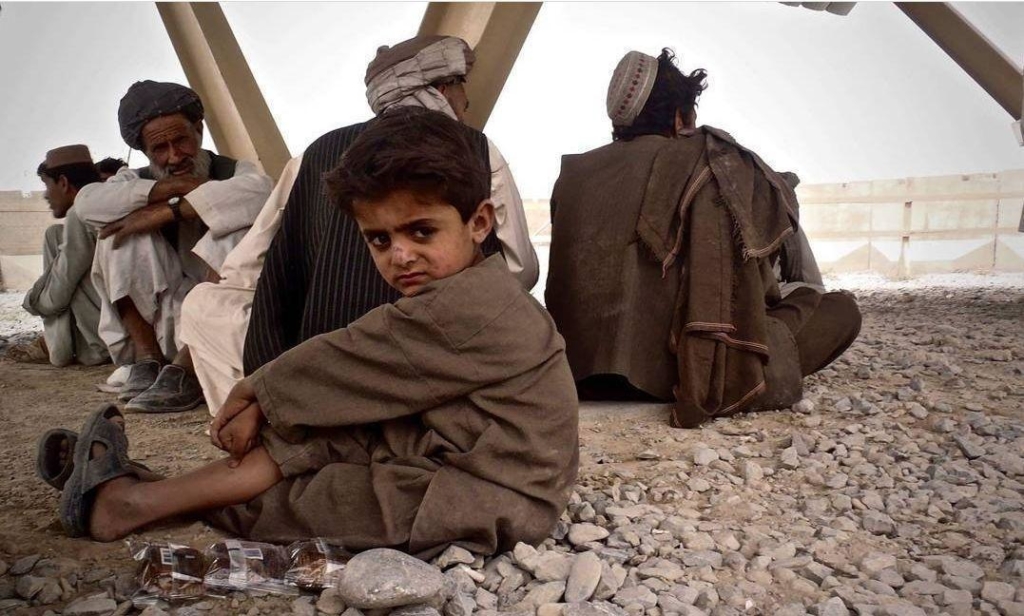
Throughout my time in Afghanistan, we never controlled territory outside of our bases and outposts—and we often found the enemy inside of our own walls. The Taliban ran a successful counter-insurgency for twenty years. They maintained a shadow government, collected taxes, settled social, cultural, and economic disputes, and maneuvered and captured territory, biding their time all the while.
Why was the Taliban able to wait out the occupation and recapture power so easily?
The Taliban benefitted from the tribal and ethnic structures of Afghanistan, a complex web of allegiances and social and cultural bonds that US/NATO forces were never entirely able to understand. Afghanistan, like other nation-states of the former British Empire, was created without consideration of ethnic and religious demographics. The result was a population comprised of Pashtus, Tajiks, Hazara, Uzbek, Aimak, Turkman, and Baloch—groups with a wide range of cultures and practices. Some found it easy to ally with NATO, while others were adamantly opposed.
The Taliban were almost entirely Pashtu—the dominant ethnic group of Afghanistan, with 40 to 50% of the population. The Pashtu people exist on either side of Afghanistan’s border with Pakistan and along the southern portion of the country. Their social connections and traditions extend beyond the country’s colonial borders, making it easy for them to move between safe havens in Pakistan, exploiting a gap in NATO military control.
When I think over the many moments that illustrated why the war was useless, I recall my time at Kandahar Airfield, a base housing least 22,000 soldiers, contractors, and civilians. There, I learned that the Taliban Shadow District Commander was the brother-in-law of the sitting Afghan Air Force general. In view of the importance of tribal and familial relationships in Pashtu culture, it was obvious that the general’s allegiances to the NATO-backed government would never take precedence over this relationship. The connections between those two warlords, even if they were formally considered enemy combatants, ensured that neither would seek to defeat the other. I encountered this sort of interconnection between supposed enemies multiple times, from my interactions with everyday citizens all the way up to the then-sitting Afghan President Hamid Karzai.
The Taliban also provided for people. The legitimacy of the Taliban is rooted in their ability to provide protection and religious guidance, predating the US invasion by years. Their mullahs settled social, cultural, and economic disputes in the areas under their control. They collected taxes and controlled agriculture throughout the war. They also carried out acts of extreme violence, which is how they gained footholds in territories they hadn’t controlled before the war.
The US occupation failed to diminish Taliban resistance for twenty years because there was never a time at which the majority of the population considered the occupying forces legitimate. Bombs and bullets alone are not capable of winning a war against a determined population. By contrast, the US-backed government and military were utterly self-interested and corrupt. Being motivated chiefly by personal gain, NATO forces fought their battles around metrics—they were more concerned about numbers of projects, of casualties, about money spent or money saved. Spending time in the country in relatively short-term deployment rotations, they were never able to build trust or respect. New units and new people were constantly showing up with no idea where they were or what had been done before. This lack of respect was so essential to the insurgency that during a 2012 deployment, insider attacks (attacks by Afghan Government Forces against NATO Forces) represented over 14% of the total casualties.
In the end, the Taliban were able to take control because they understood that the essential thing to winning a struggle against colonial occupation is that you have to survive a war of attrition. For twenty years, demonstrating the ineffectiveness of a corrupt NATO-backed government, they maintained the normative and hierarchal systems of control that they had established before the US invasion.
But the fundamentalism of the Taliban was not essential to their success. Empires crumble from their extremities inward: the US withdrawal from Afghanistan is part of a larger process in which US geopolitical influence is eroding around the world. The Chinese state may gain power in the region; we may see escalating power struggles between India and Pakistan. The question is what will come next—in Afghanistan and around the world.
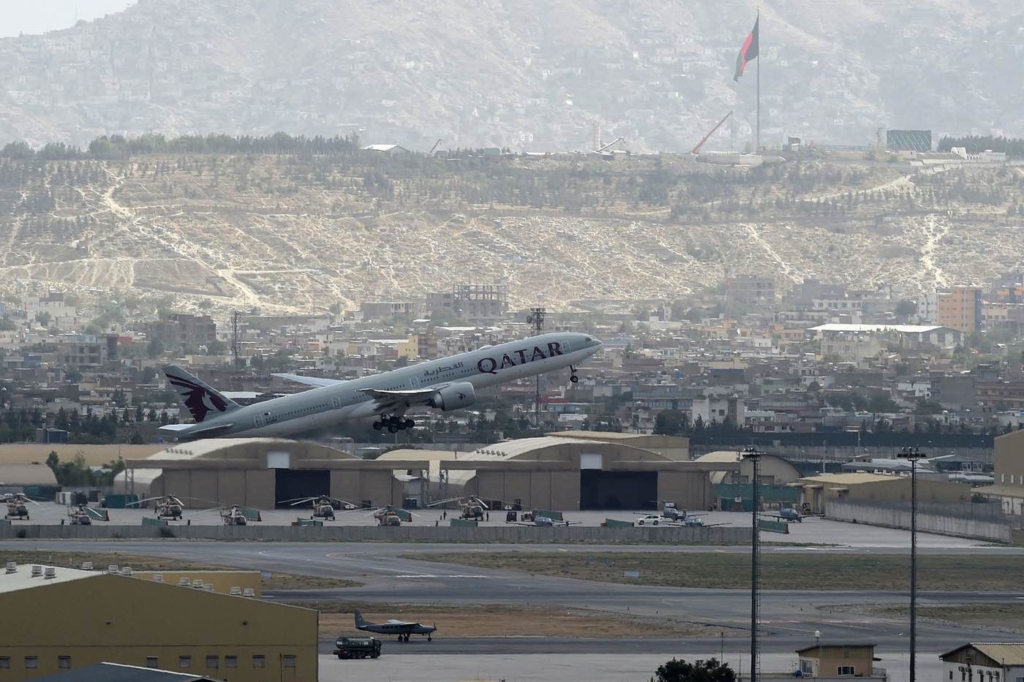
At this moment in history, in the core of the American empire, I see a rising conservative movement with many ideas and policies that reflect the same fundamentalism, patriarchy, and hierarchy that characterize the Taliban. The opinions I’ve seen expressed by the right wing regarding women’s bodies, LGBTQIA+ communities, migrants, and anyone deemed outsiders line up with the violent worldview justified by the religious tenets of the Taliban.
In the US, the authoritarian right is spreading a myth of shame around the American male—a mythology about replacement, feminization, defeat, a loss of control and power. They have been developing this mythology for years, and the defeat in Afghanistan will only add fuel to the fire. The violence and hatred we have seen in the streets through years of fascist mobilizations is the direct consequence of a nation that has glorified the lies of a losing war. “Patriots” and Proud Boys who wear Right Wing Death Squad patches are not far removed from the death squads of Taliban fundamentalism.
I have seen liberals fall in step with this same imperial war machine. As far as their ideas go about militarism and police, they line up side by side with the fascist right—and regardless of their progressivism, they have done nothing to bring about real safety for our communities. It is instructive that two Republican and two Democratic presidents oversaw this war. One administration after another has expanded the power of the executive branch, while the defense and security budgets of the past two decades have bled our communities dry.
The US has spent trillions of dollars on weapons. Many of these have ended up in the hands of the Taliban and ISIS; others have been brought back and deployed against communities in North America, especially against Black and Brown and Indigenous people. The proletarians who torched police stations and fought the street battles of a not-so-distant uprising have found themselves up against the same forces, strategies, tactics, and mindsets that were developed to police Afghanistan.
For a full generation now, the Global War on Terrorism that started in Afghanistan has been both exploited and commodified. People who never even participated in the conflict have purchased branded materials in order to LARP out their warrior culture fever dreams. An entire sector of the population has internalized the toxic male death cult of patriotism and nationalism. Now that façade has been stripped bare and I am watching as this generation’s identity—built around their proximity and participation in the war—crumbles around them. Liberals will inevitably blame conservatives and vice versa, while the process of political polarization intensifies and both sides surrender their futures to differing brands of authoritarianism in hopes of maintaining the illusion of stability.
If the victory of the Taliban demonstrates anything, it is that the American empire is a stack of cards waiting to fall. It is capable of extreme violence, of killing in the most technologically advanced ways known to humanity. It is capable of extreme cruelty. But it is a paper tiger nonetheless, unable to conquer people’s hearts and minds, regardless of the intensity of the intervention or the length of the occupation.
Turtle Island has seen over 500 years of resistance to occupation, and regardless of how many more years lay before us, it should be clear that we will also win. The fallout from Afghanistan will not just be the defeat of a corrupt and unwanted puppet regime—it will reverberate in many areas of this crumbling empire for years to come.
An entire generation of combat-experienced individuals have learned the hard way that our participation in imperialist rule was based on fallacies. We have already begun to invest our knowledge and experiences back into communities focused on actual liberation.
But what will come next? If the victory of the Taliban in Afghanistan is any indication, what succeeds the US empire may be oppressive fundamentalism or nationalism. We should ask how we could go about fighting the reigning order in such a way that it will not be replaced by the equivalent of the Taliban when it collapses elsewhere.
The enemies of our communities and of the futures that we desire have also absorbed disgruntled and disaffected veterans of the occupation. Their anger, rooted in the aforementioned shame, expresses itself in violence rather than solidarity. They have already attempted a coup for the sake of their authoritarian vision. The events in Afghanistan will motivate them further. We can expect to see former soldiers, special forces operators, and mercenaries mobilizing against their perceived enemies and carrying out individual acts of terrorism. That is what we are up against.
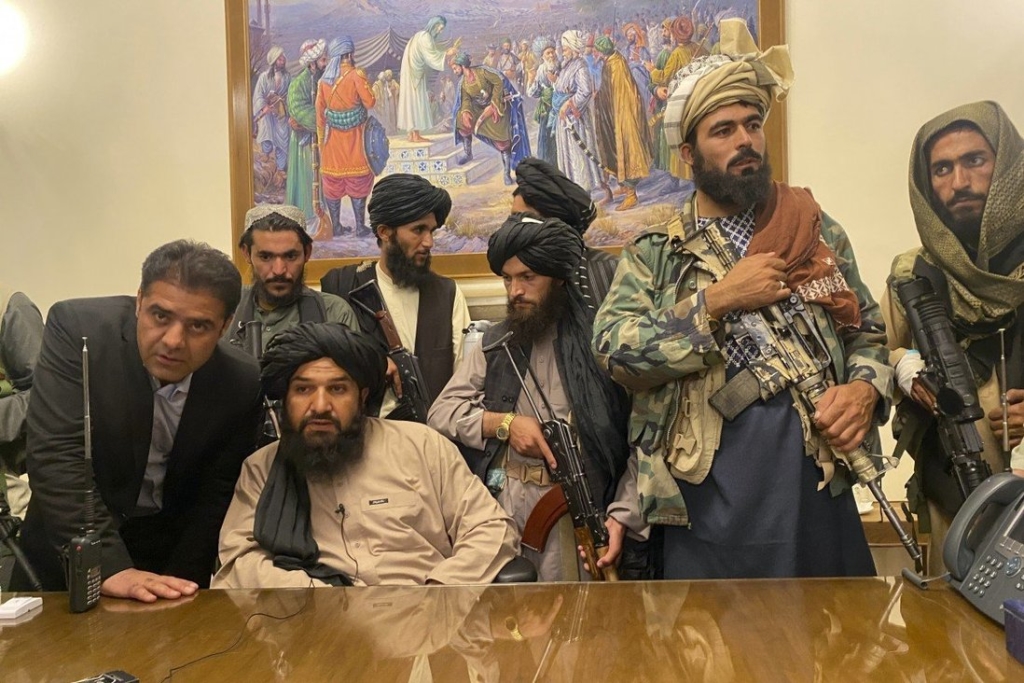
Climate change, political polarization, economic crisis, the crumbling of the American empire, and simmering social unrest all stand before us as not individual phenomena, but as a single challenge comprised of interconnected disasters. We can draw inspiration from the defeats of our adversaries in the US government and learn from the successes of those who resist them everywhere while maintaining a permanent opposition to all forms of oppression. My heart pours out for the Afghan people who have suffered the traumas of war for generations now. We are talking about the legacy of a land and a diverse population of people that have repeatedly beaten the most powerful empires in the history of the world. I hope that they find the strength to carry on and, ultimately, to achieve real liberation, real safety. I hope that those of us here in the US, understanding ourselves as a part of an international movement, find the strength to do whatever it takes in the heart of this evil empire to build a new world in the ruins of the old.
Now is the time to listen to the Afghan people, to support refugees, to support aid organizations, and to rail against those responsible for the catastrophe of the past twenty years—to open our hearts to new possibilities and new potential accomplices—to develop the skills and mindsets that will keep us safe as we go forward into the unknown.
_______
If you or your family members are currently serving in the US military, please contact the GI Rights Hotline at 1-877-447-4487 or just go AWOL. There is no need to stay in the service of a violent front for weapons and defense corporations. There’s no reason to die for their benefit, and there’s absolutely no reason to do to the poor of the world what we’ve just spent the past two decades doing to the people of Afghanistan.
